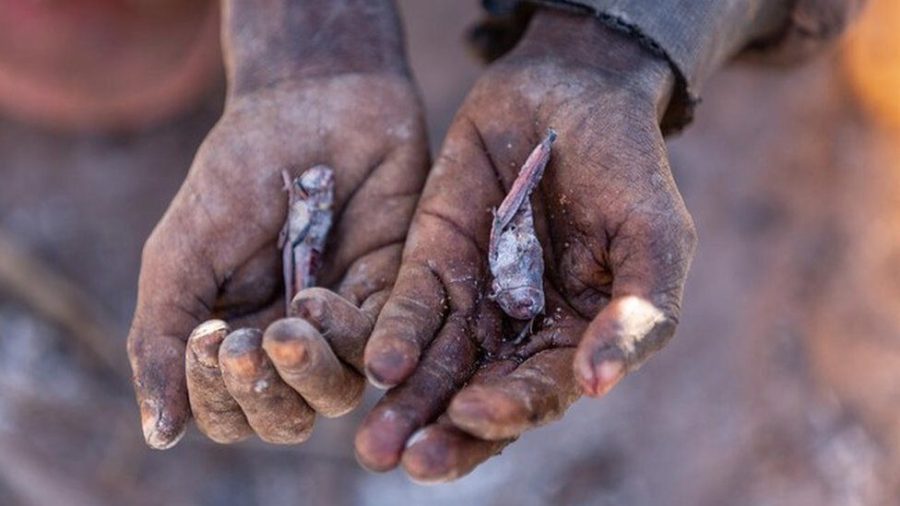The Ongoing Climate Change Crisis Causes Famine In Madagascar
October 8, 2021
Changes in the climate and the natural greenhouse effect were first identified in the early 19th century. By around the year 2030, climate change will be irreversible. In only a century humans have been able to destroy the earth almost to the point where it is not fixable. Human activities, specifically burning fossil fuels, have been the main cause of the concentration of greenhouse gases in the atmosphere. Melting ice caps, rising sea levels, and burning holes in the ozone layer mean there have been problems caused by climate change in most, if not all, areas of the world. Although, sadly, some places are being affected much worse than others.
Madagascar, Africa only contributed 0.01% of all the carbon dioxide generated from 1933-2019, but unfortunately they are suffering a famine caused by climate change. This is one of the modern world’s first climate change-induced famines. The rising temperatures have caused the country to experience its worst drought in 40 years. The farming, which is a major food source in Madagascar, has been incredibly negatively impacted, leading to food shortages and hunger. This famine is placing at least 30,000 people in the highest stage of food insecurity: a level five famine, as defined by the World Food Programme.
UN World Food Programme’s Shelley Thakral spoke about this devastating topic and said that the people of Madagascar “have done nothing to contribute to climate change, They don’t burn fossil fuels… and yet they are bearing the brunt of climate change”. The UN also has concerns that the number of those affected could rise dramatically as Madagascar enters the “lean season”. Already we see people eating locusts and cactus leaves, because there is no other food or water available, as it hasn’t even rained for four years.
The largest question that can be raised from all this is that is there anything we can do to help? And for right now, we are unsure.




Christine Summa • Oct 12, 2021 at 1:37 pm
Wow! This report is unbelievable. We all need to take responsibility of our planet and stop these travesties from continuing. Earth is the only home we have. It’s so upsetting to hear that people are suffering, and they shouldn’t be; not in this day and age. People need to be educated on this crisis and our government should lead the way and hopefully, other countries will follow. Great report, Zoe!
Danielle Hincman • Oct 8, 2021 at 12:49 pm
These are devastating statistics Zoe. I am going to use your piece with my students. We are studying climate and they are all interested in climate change so this will help enlighten our study. We need to educate everyone on this as it impacts our entire planet. Thanks for caring about the earth Zoe.